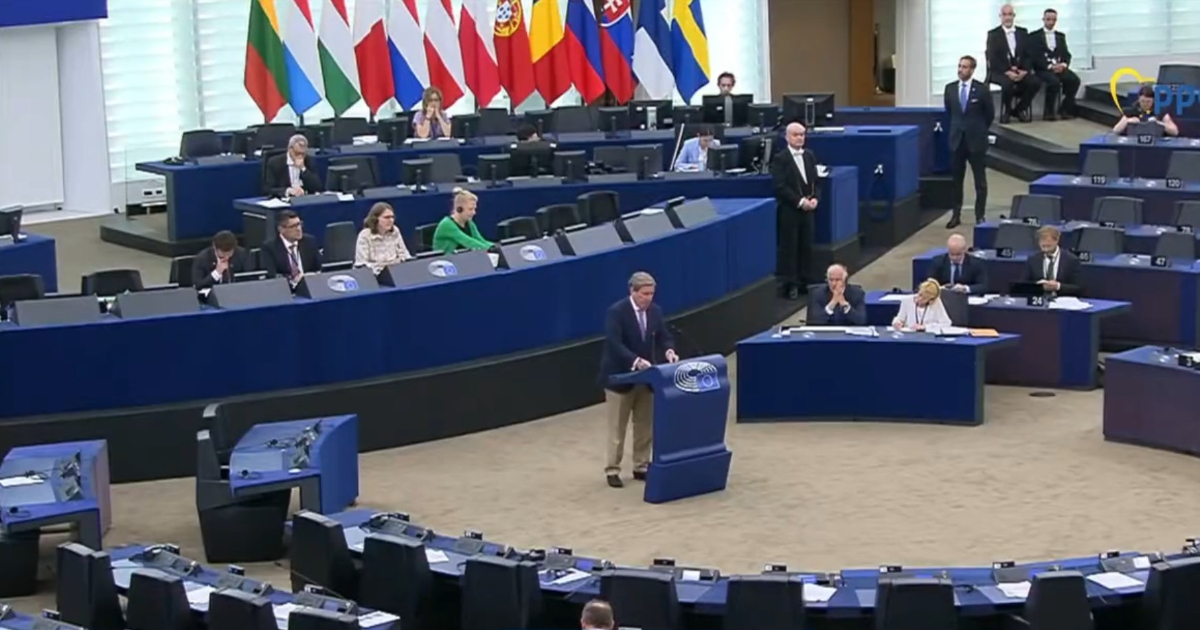
The Swedish government called forreview of the Political Dialogue and Cooperation Agreement (ADPC)between the European Union (EU) and the Cuban regime, due to the continuousviolations of human rights in the country.
HeSwedish foreign minister, Tobias Billström, asked the Swedish government that the EU pressure the Cuban regime to promote democracy on the island, and is one of the reasons why there must be “a review of EU policy and the ADPC agreement, including aid from the EU to Cuba.”
His request constitutes the response to a letter sent by Swedish parliamentarian Markus Wiechel, in which he asks that the Swedish government adopt a more certain stance in support of the Cuban opposition.
“Such a review should focus on how the EU can pressure the Cuban government to promote democratic development. Regarding support for the democratic opposition, we do not rule out closer cooperation with the United States,” said the Swedish Chancellor.
The official acknowledged that the objectives for which the European Union approached the island's government have not been met, which exposes the ineffectiveness of the current agreement.
“Unfortunately, it can be said that this agreement did not have the desired effect either, the repression in Cuba has continued and in some parts it has worsened,” he wrote.
He later stated that “the government views with concern the continued negative development in Cuba and the repressive actions of the Cuban state.”
He also asked to guarantee the Cuban people their civil, political and economic freedoms and rights and the release of all political prisoners.
The statements by the Government of Sweden occurred before the celebration of the Third Summit of the Community of Latin American and Caribbean States (CELAC) and the European Union (EU), in Brussels (Belgium), where a group of activists and Cuban exilesThey demonstrated against Miguel Díaz-Canel upon arrival at the summit.
Last week, the European Parliament condemned the human rights violations perpetrated by the Cuban regime against protesters, opponents, religious leaders, human rights activists and independent artists, and urged the authorities to immediately end the policy of repression.
The body issued aresolution in which he calls on the European Union (EU) to apply sanctions against those responsible for the repression, starting with Miguel Díaz-Canel as a preeminent figure in the chain of command of the Cuban security forces, along with other senior government officials.
The text regretted that the head of European diplomacy,Joseph Borrell, who traveled to Havana in May, has not met with representatives of independent civil society, political prisoners or their families, whichcalled it a "missed opportunity."
What do you think?
COMMENTFiled in: